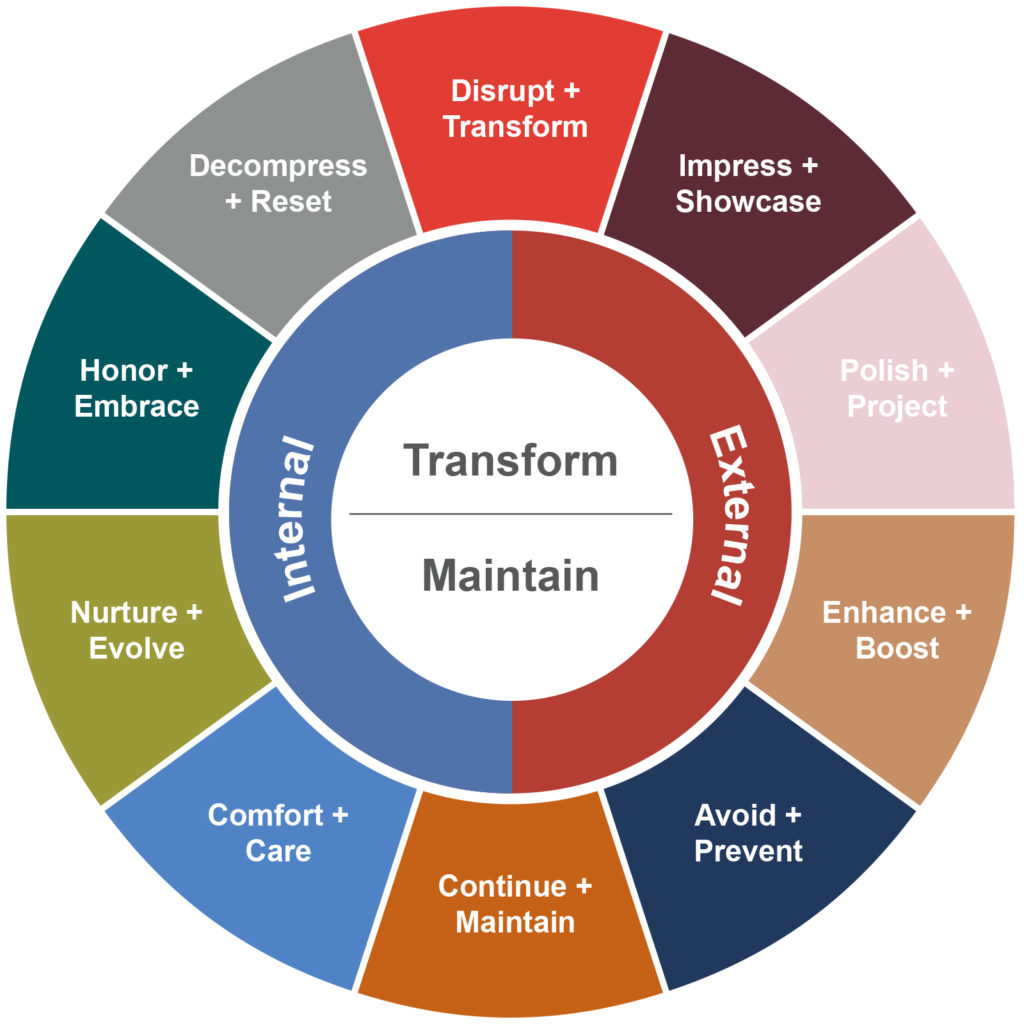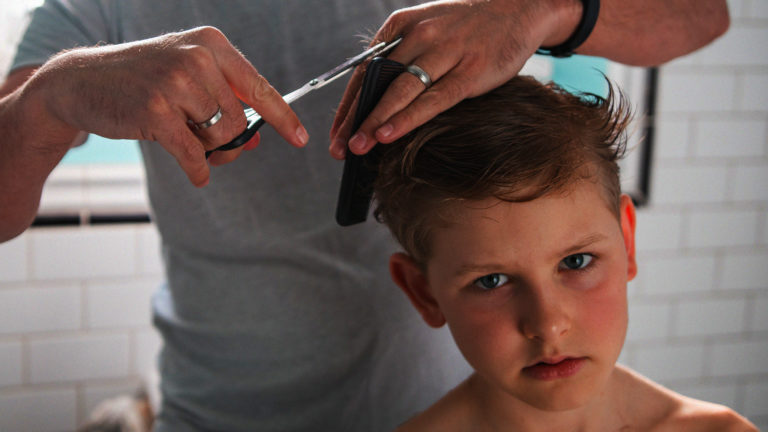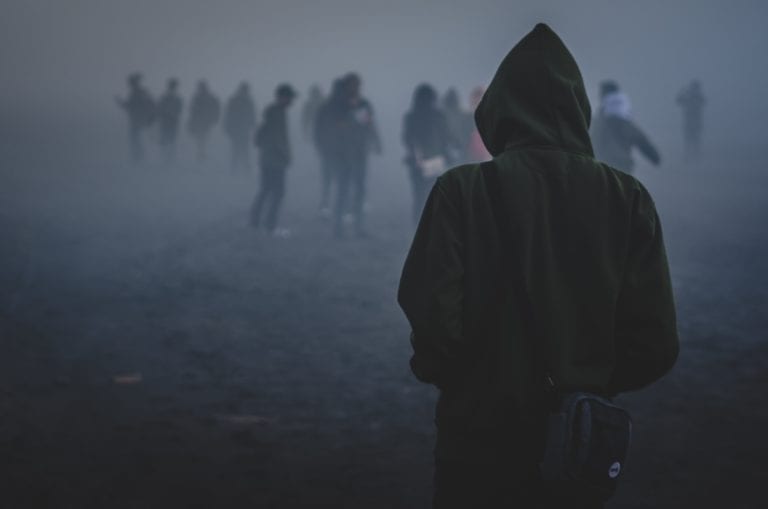The Beauty Industry Is Adapting
During a global pandemic, one might instinctively assume that the market for eyeshadow, lipsticks, and face masks would have come to a screeching halt. However, despite the major disruption of global supply chains and country-wide lockdowns, both the beauty industry and the consumer are adapting in this tumultuous time.
One of the obvious shifts is the rise of online shopping. According to one survey, 66% of Chinese, and 56% of Indians consumers are spending more time online on social media, and more than half of these consumers are reading more reviews and researching beauty trends online. The UK has seen an incredible overall 111% boost to the number of online beauty transactions since the start of the COVID-19 crisis in March, while the American beauty brand Tula Skincare is on track to have its best sales month in history, even in the midst of the pandemic and a major blow to in-store retail!
In some markets, the beauty industry is actually growing despite the pandemic. In the four weeks after their official lockdown on February 1st, Vietnam’s personal care sector saw double-digit growth across both urban (29%) and rural areas (19%). In China, wealthier consumers living in higher-tier cities consumed 30% more skincare products during the crisis than in months prior.
In addition to meeting changing shopping behaviors and needs, several beauty brands are shifting their focus towards doing good to support small businesses, helping governments with personal protection equipment, and sending care packages to essential workers across the world.
From extreme makeover challenges on TikTok to the no-pants-but-full-makeup look for meetings, social media trends, and Zoom video calls are also redefining the relevance of makeup and skincare routines during day to day life.
‘Jobs’ that Makeup and Beauty Products Do Today
We at The Sound spent some time last year exploring the jobs beauty can do, i.e. we looked at what people hope to achieve in a given situation by using beauty products. We discovered a mix of both internal and external jobs to be done:

Full report here.
With the pandemic keeping us inside our homes, beauty is an important tool in our self-care kit and consumers’ focus is shifting to the internal jobs that it can do. Not only can indulging in personal care & beauty help maintain some semblance of normalcy, it also can give a much-needed sense of transformation and forward movement in a time that threatens to feel monotonous (What even are weekends anymore? Aren’t all days Wednesdays now?).
Looking back at our work, the internal jobs that beauty is doing now are:

Different Strokes for Different Folks
These jobs do not necessarily manifest in the same way across different people. For example, my mom is currently following a Korean beauty inspired 5-step skincare routine, while I do an optional 1-step routine: I wash my face on the days I have video calls.
Largely, with different life stages come different stresses and different behaviors with respect to beauty.
Gen Z Are Honing Their Skills Through Makeup Challenges

Pre-lockdown, Gen Z had the most time and freedom to determine how to spend their days with friends. Now, they’re looking for ways to replicate this daily social engagement online on platforms like Instagram and TikTok.
Beauty in this case can manifest as self-care and fun in facilitating this bonding. It’s a shared experience where everyone takes time out to get ready and coordinate with each other to create the perfect video.
Challenges like Pass The Brush, Met Gala Look and Wipe It Down allow beauty to play a much wider role than just helping you look your best. Using dramatic transformations, Gen Z are not only able to showcase their talent, creativity, and skills but by adding a dash of comedy, they also entertain their followers in the process. ‘Squad’ challenges like pass-the-brush take hours of planning, coordinating, and editing, making it a great way for friends stuck in their homes to bond.
Young Professionals Are Perfecting Their ‘zoom-ready’ Look

With conference calls being the new “office” and virtual cocktail hours being the new “social life”, looking good means looking good on video i.e. putting a special focus on hair and faces. The trending No Pants hashtag is a perfect example of how items that were considered essential for an entire “look” pre-lockdown, be it shoes, belts, jewelry, and of course pants, are no longer as important.
Additionally, taking out time in your day to do your makeup or putting on a face mask on the weekend can help provide a sense of routine in a time when one day bleeds into another. It forces people to focus on themselves and creates that sense of normalcy that everyone craves.

For Working Parents, Skincare Is a Micro-vacation

Parents are perhaps the most stressed cohort during this pandemic. Not only do working parents have to do house chores as well as entertain AND educate their kids, but they probably also have more responsibility at work. They are overwhelmed, overworked, and in need of some serious “me time”. Beauty here steps in to provide an escape – a vacation of sorts from this chaos.
It allows them to take care of themselves for those few minutes a day – with no kids, no arguing, no electronic devices, and no expectations. With no spas, massages, haircuts, mani/pedis to make them feel taken care of, indulging in skincare, whether it’s a face mask, a long bath, or a 7-step skincare routine, give them that indulgent experience within the confines of their home.
The Sound Advice:
What can beauty brands do now? And what will happen once we go back to ‘normal’? Will the focus shift back to other motivations?
Ultimately, the jobs that beauty products fulfill have not changed. However, what has definitely changed is the amount of focus on the ‘internal’ jobs it plays. People are using beauty brands to do much more than just look good – from shared social experiences to self-care, the scope of beauty may actually be stretched for good.
- Heightened focus on self-care: Brands will need to understand what self-care really means during stressful times and how they can enable it.
- Flexibility across multiple occasions: External needs from beauty are not going away, but brands can help provide multi-purpose products/services. Can something that helps people look good for office calls also help them nourish their skin when they switch off to relax?
- Providing the right kind of support: Understanding how different cohorts are reacting to the current situation is very telling – brands can use these insights to discover how people express their internal jobs differently.
- A new sense of self-sufficiency: People may look towards becoming self-sufficient at home when it comes to beauty treatments, and brands need to ask how they can help create these experiences without the spa.
If you liked the above, read more about Our Approach to Creative Analytics!


